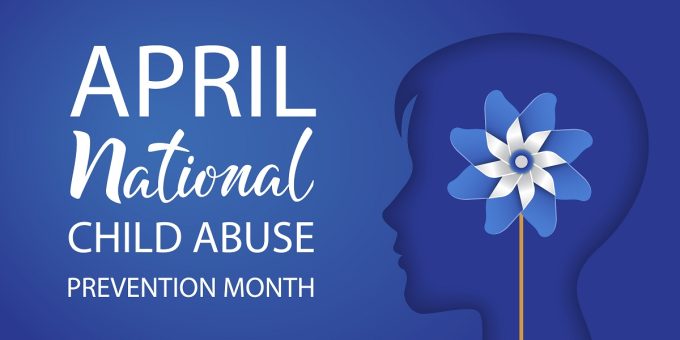
INDIANA- Child Abuse Prevention Month, observed every April, serves as a poignant reminder of the collective responsibility to protect the most vulnerable in our society: children. It’s a time to raise awareness, educate communities, and promote resources for prevention and intervention. Through advocacy, education programs, and support networks, we aim to empower families, educators, and caregivers to recognize the signs of abuse and provide safe environments for children to thrive. By fostering open dialogue, implementing effective policies, and promoting healthy relationships, we can work towards a future where every child grows up free from the pain and trauma of abuse.

A child who’s being abused may feel guilty, ashamed, or confused. The child may be afraid to tell anyone about the abuse, especially if the abuser is a parent, another relative, or a family friend. That’s why it’s vital to watch for red flags, such as:
- Withdrawal from friends or usual activities
- Changes in behavior — such as aggression, anger, hostility, or hyperactivity — or changes in school performance
- Depression, anxiety or unusual fears, or a sudden loss of self-confidence
- Sleep problems and nightmares
- An apparent lack of supervision
- Frequent absences from school
- Rebellious or defiant behavior
- Self-harm or attempts at suicide
Specific signs and symptoms depend on the type of abuse and can vary. Keep in mind that warning signs are just that — warning signs. The presence of warning signs doesn’t necessarily mean that a child is being abused.
If you’re concerned that your child or another child has been abused, seek help immediately. Depending on the situation, contact the child’s health care provider, a local child welfare agency, the police department, or a 24-hour hotline for advice. You can get information and assistance in the United States by calling or texting the Childhelp National Child Abuse Hotline at 1-800-422-4453.
If the child needs immediate medical attention, call 911 or your local emergency number.
In the United States, keep in mind that healthcare professionals and many other people, such as teachers and social workers, are legally required to report all suspected cases of child abuse to the appropriate local child welfare agency.






.png)












